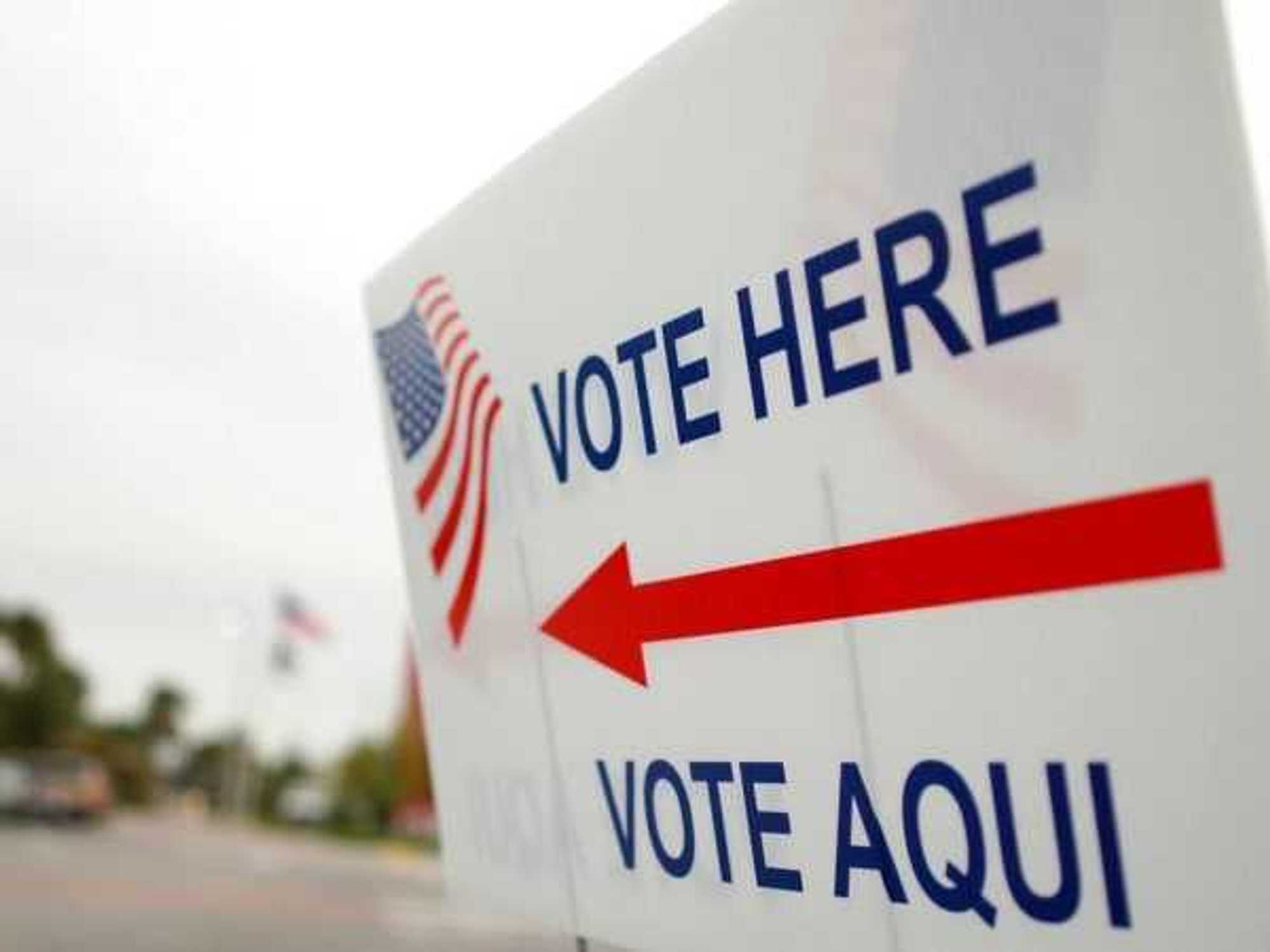debate it
Election season: Mayoral, city council candidates assume their positions oncorporate incentives, energy rates and transportation
Monday night, in the Phillips Event Center, a small, arguably unrepresentative sample of the greater Austin met to discuss city affairs. The event, a mayoral and city council candidate debate, was billed as a way to increase voter turnout on election day.
To that end it was a crashing failure: The crowd was primarily older, wealthier, native Austinites, the demographic that is already most engaged in local elections. It seems moving municipal business to North Austin, in the middle of a business park, is a good way to discourage attendance by a variety of Austinites.
While the crowd may have been uniform and unremarkable, the debate was anything but. Rather than painting a portrait of a local government patiently maintaining a utopia, it put the flaws and imperfections of City Hall under a microscope.
KLBJ’s Jeff Ward, KVUE’s Terri Gruca, and The Austin American Statesman’s Arnold Garcia asked the candidates a variety of questions relevant to the most pressing issues facing Austin.
Corporate Incentives
This conversation focused primarily on the tax incentives offered to Apple, Inc. to entice the corporation to move to Austin, with incumbents defending the tax incentives as a necessary part of the negotiations and their rivals alleging they were little more than giveaways.
Mayoral challenger Brigid Shea mentioned the incentive package offered to the Marriott despite her research indicating the company was coming to Austin anyway. Mayor Lee Leffingwell countered that the project had been stalled for four years and needed a fiduciary booster to restart. Clay Dafoe decried corporate handouts, “socialism for the rich,” and suggested the money be reinvested into the community for infrastructure needs.
During the debate Ward attempted to get a straight answer out of any of the candidates about how “the average citizen driving down I-35” directly benefited from corporate incentives, which proved exceedingly difficult.
Austin City Council candidate Tina Cannon pointed to the economic impact of Dell on Round Rock’s economy, with businesses having grown up around the computer giant, but many of her opponents said tax breaks weren’t necessary to attract businesses to Austin, that the city’s high standard of living made it an attractive choice on its own.
Energy Rates
Very few of the candidates put forth concrete solutions to the proposed energy rate increase, rather sputtering out vague platitudes about sympathizing with people’s household budgets. During the debate two interesting facts came up: The city council raised the fuel charge last year between Christmas and New Year’s and the dividends from Austin Electric are not reinvested into the utility and its infrastructure, but are siphoned into the general fund to, among other things, lower property taxes.
Most of this conversation was gummed up by finger pointing over the fact that Austin Energy hasn’t had an energy increase in the past 17 years. This was a consistent facet of the entire debate — whenever a candidate didn’t have a solution, they’d default to blaming previous city councils or outside entities like Austin Energy or Capitol Metro.
No one could seem to explain why the city needed a rate increase or articulate what the negative impact of rate stagnation would be, instead they debated how the inevitable increase would be carried out.
Transportation
Garcia asked each candidate whether they had driven I-35 that day and if they had enjoyed the experience. Predictably, none of them were singing the frequently gridlocked road’s praises.
Everyone agreed that SH 130 has been a tremendous failure at relieving congestion on Interstate 35, and the consensus was that rerouting large trucks to the toll road would lighten traffic. Councilman Mike Martinez pointed out that the project was already over a billion dollars in debt and lowering tolls wasn’t going to do anything to change that.
The general consensus was that the city’s plan for a light rail line wasn’t improving local transportation. Councilman Bill Spelman admitted that, in order for a rail system to work, it had to go “from where the people are to somewhere they want to go” and that the current rail lines did not do that.
He asserted that if they continued to put money into the project that Austinites and tourists would find a use for it. His opponents suggested strengthening and expanding the bus routes rather than sinking any more money into a failed transportation system.
Early voting begins April 30 and lasts until May 8. The general election is May 12.
